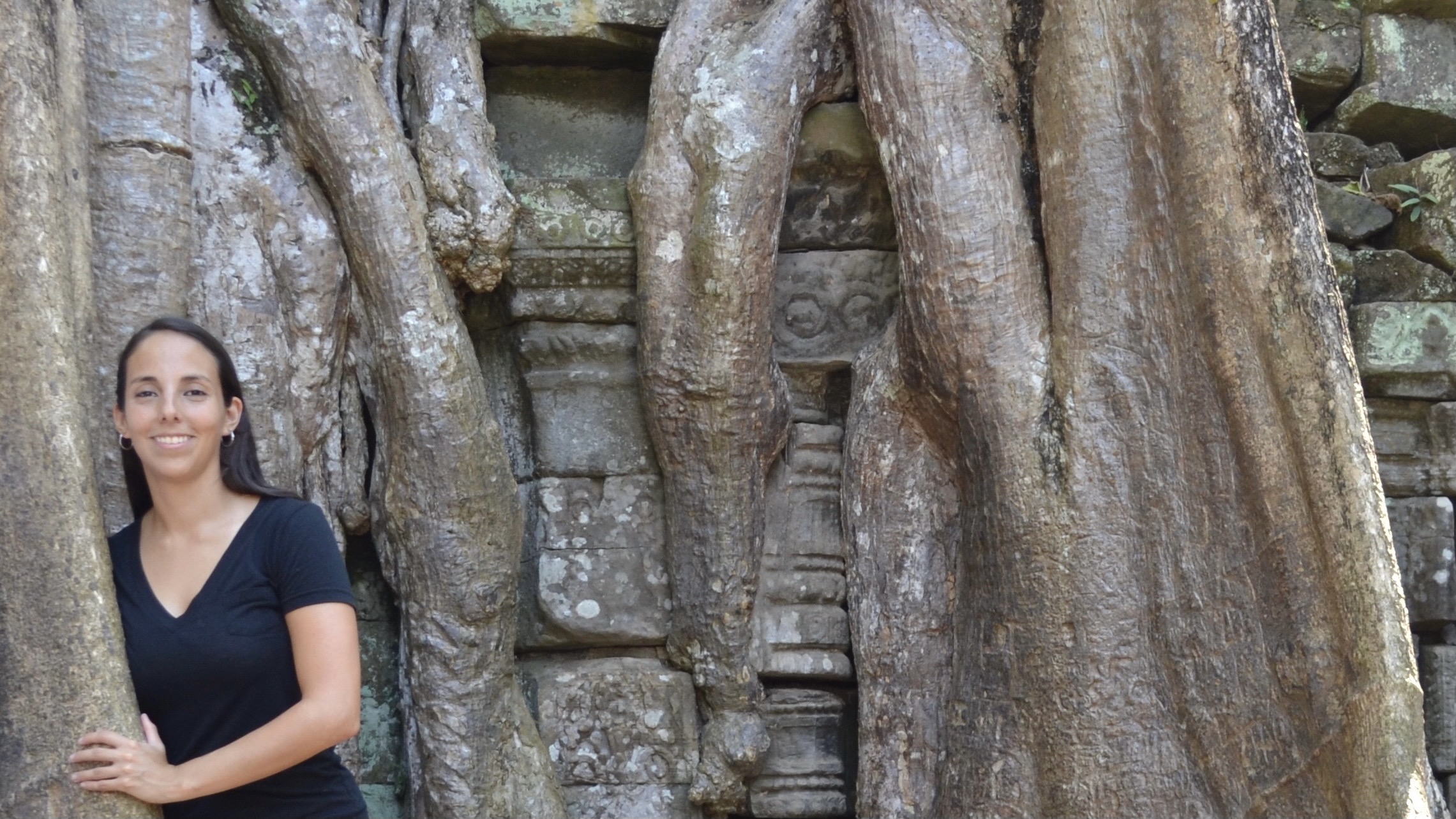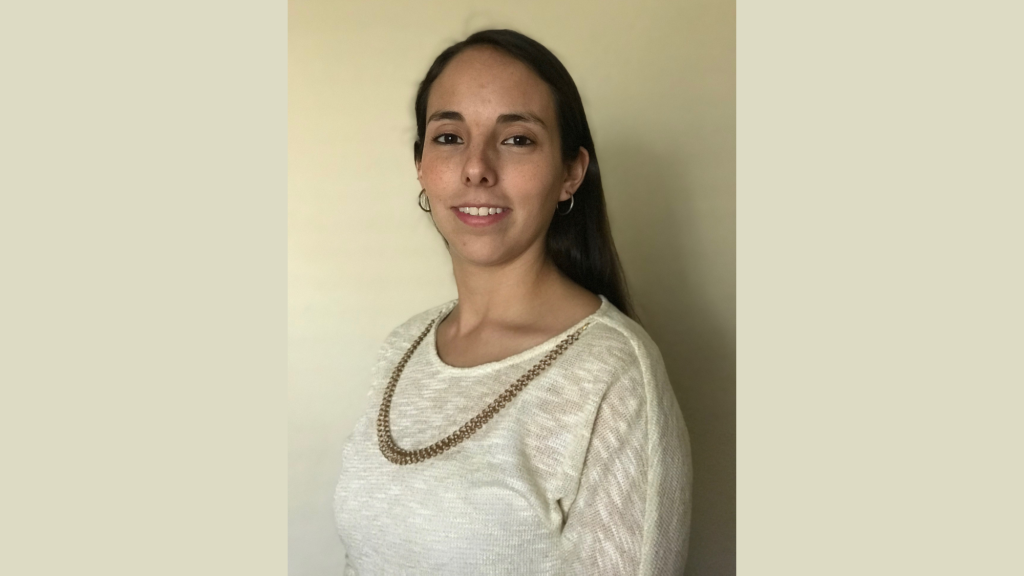Researcher Spotlight – Regina Ayala Chavez

2021-22 Global Change Fellow
PhD Student, Department of Education
Advisor: Dr. KC Busch
Every year the Southeast Climate Adaptation Science Center funds a multi-disciplinary cohort of Global Change Fellows representing colleges across NC State University. The current cohort of students represents the decadal anniversary of this program! Here are some highlights about 2021-22 Fellow, Regina Ayala Chavez and the applied research she’s conducting.
About You
What do you study?Many climate change education efforts are focused on kids because they are the future, but people are contributing to climate change right now too. I am interested in understanding what can motivate adults to have more pro-environmental behaviors and develop educational tools to help them achieve those behaviors. For my dissertation research, I am interested in studying how household managers make decisions for their homes to mitigate climate change.
What (or who) influenced you to go into this field of study?
I have always been interested in climate change education, but what influenced my interest in informal education for adults was my own experience. When I moved to the U.S., I became in charge of the household. Since I did the shopping, cooking, and made purchasing decisions, I realized the power I had in my life to be more eco-friendly. My experience made me think about how my position as a household manager can empower and convince more people, especially women and mothers, to change and adapt to climate change. I am interested in targeting Spanish-speaking women because I consider that they are a forgotten group in society. I can relate to them because we speak the same first language and have a common lifestyle.
What do you think is the most pressing issue related to global change?
I think it is the indifference of the people toward the vast problem we have on our hands.

About Your Research
What is the most important thing that you’ve learned in your research?
The most important thing I have learned during my research is that how you frame climate change will impact if your listener pays attention and the ways they will react to the information given. We cannot educate everyone the same way because something important for someone could not be essential for another. We should know our public audience and create specific strategies for each one to share climate change information.
Who will benefit from your research?
I hope my research will help adults without access to formal education learn about climate change and how they can help mitigate it. Also, it could help the development of new programs in informal education settings about climate change.
How can your research be used to inform management decisions?
If the public is informed, they can pressure their government, people, and private businesses to stop polluting and start making pro-environmental decisions. This type of pressure can help the leaders to make more pro-environmental decisions, laws, and regulations.
About Your Global Change Fellow Experience
What has been the most rewarding part or your favorite part of being a SE CASC Global Change Fellow?
My favorite part has been networking. Knowing different scientists working in another part of a huge problem has been excellent. Also, listening to the speakers in the seminars has given me a broad understanding of the problem and how different people work to solve each part.
What advice would you give to a student that is interested in getting involved in your field?
Read, write, and network as much as you can. Enjoy what you are doing, so you can keep doing it for a long time. One person cannot make the difference; we need to build a tight network for this to work. Everyone is working to solve the problem in a different area, but we need to know what others are doing to make a significant change.
What advice would you give to an incoming Global Change Fellow to get the most out of their experience?
Ask questions as much as you can! No question is dumb; try to learn as much as you can from everyone else. All the research areas can be united; we just need to learn from others and look for those links. That would make us stronger in the adaptation race.
Miscellaneous
Is there anything else you want to share?
I am a first-generation immigrant from Mexico, I am fluent in Spanish, and I take great pride in using it whenever I can. Be proud of being different!
